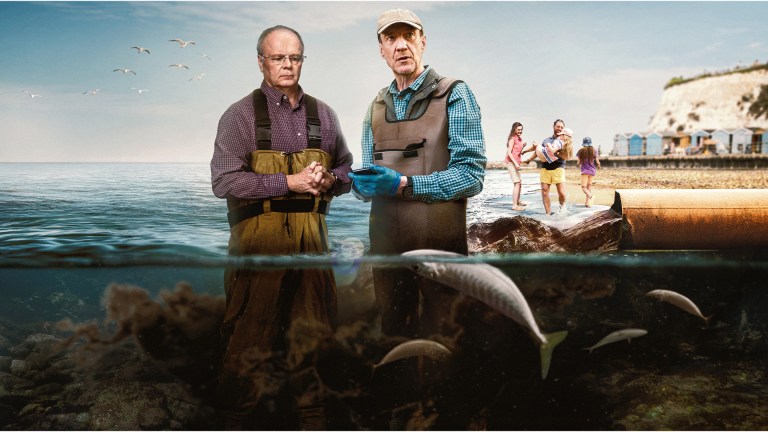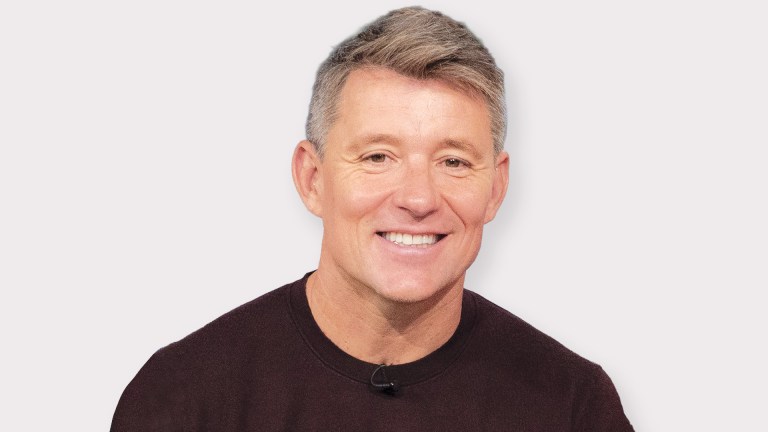I had no idea which direction my life would go in but my generation of West Indians were schooled to be aspirational and aim high. For us, the only method of social mobility, the only way of getting on, was to pay great attention to education. Nobody was going to leave you an inheritance or a large house in the country. My parents constantly admonished me that I had to do it on my own. So I would tell my younger self to work hard and aim high – reach for the stars and you may just touch the top of the trees.
When I look back at my younger self, I see a very bookish, uncertain child. He was hopeful without any real knowledge of where that hope would lead. More important, he was desperately worried about not being seen to fail. I didn’t know quite what failure was but I didn’t want to be part of it. I wanted to be somebody who people would point at and say, you know, that’s McDonald’s boy, he has not done badly. Even then I wanted to be a reporter. I wanted to report the news, to tell people what was happening. I had this desire to be part of the information system from very early on.
Cricket is a West Indian disease and there is no cure. We played on rough patches of ground, on roads where the cars were infrequent. We played cricket like insane people. I wish I could pretend I was good but I batted a bit, bowled a bit and loved every minute of it. I don’t buy the idea that West Indians now look to America, to baseball and basketball – there is dissatisfaction with the way the authorities run cricket but the love of the game is always there.
People from small islands are not introspective. If you live on a small island your view tends quite naturally to look outwards. I persuaded my father after many months of begging to buy us a radio. And it wasn’t only to listen to cricket from Australia and England. I wanted to listen to the World Service on the BBC – to listen to the correspondents travelling to Moscow, Johannesburg, Beijing, Mumbai and Washington. They were getting front-row seats at big international events and I thought that was the most glamorous thing in the world. At that stage it didn’t occur to me that all this was very hard work. But I must confess, it did occur to me that they were probably being paid to travel to these places and stay in nice hotels – and that someone probably even paid their bar bills.
I was always drawn to politics but never as a participant, always as an observer. One reason for this is quite simple. We were a tiny island, but what happened in the world affected us. So, for example, when Reagan didn’t like the trend of the government in Grenada, which he thought was going communist, he sent the troops in. We lived in America’s backyard. There was an American base in Trinidad during the Second World War. And we were a colony of Great Britain so we knew about Drake hounding the Armada and Winston Churchill’s great speeches during the war.
I fell into the love of language very early. I loved the way words were used in poetry and I am terribly chuffed to say that it’s a love that has been with me to this day. Whenever I travelled to wars in the Middle East or famines in Southern Africa, I always took books of poetry. Wordsworth and Tennyson are very good after the bombs and bullets in Beirut. I would also have quite a few drinks in the bar.









